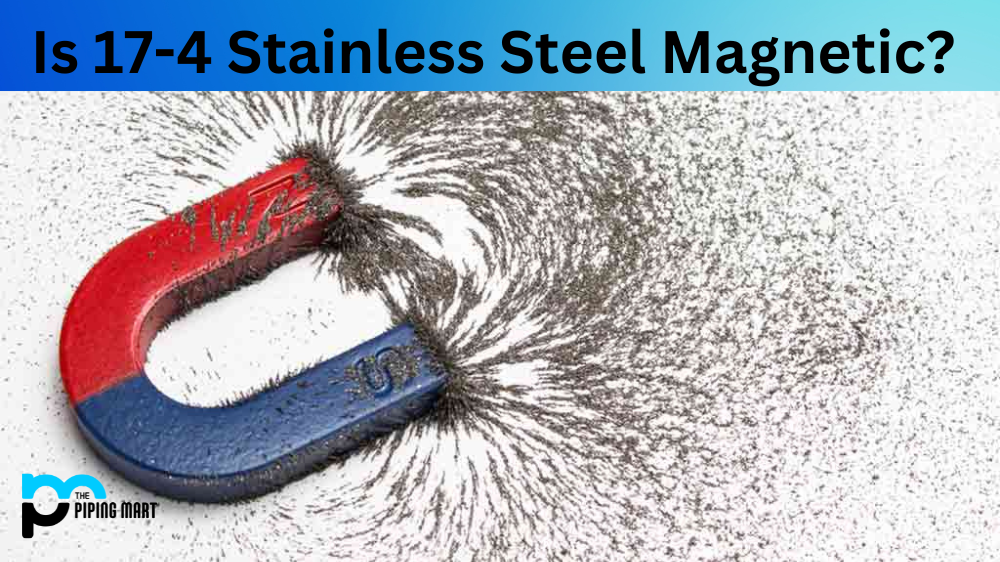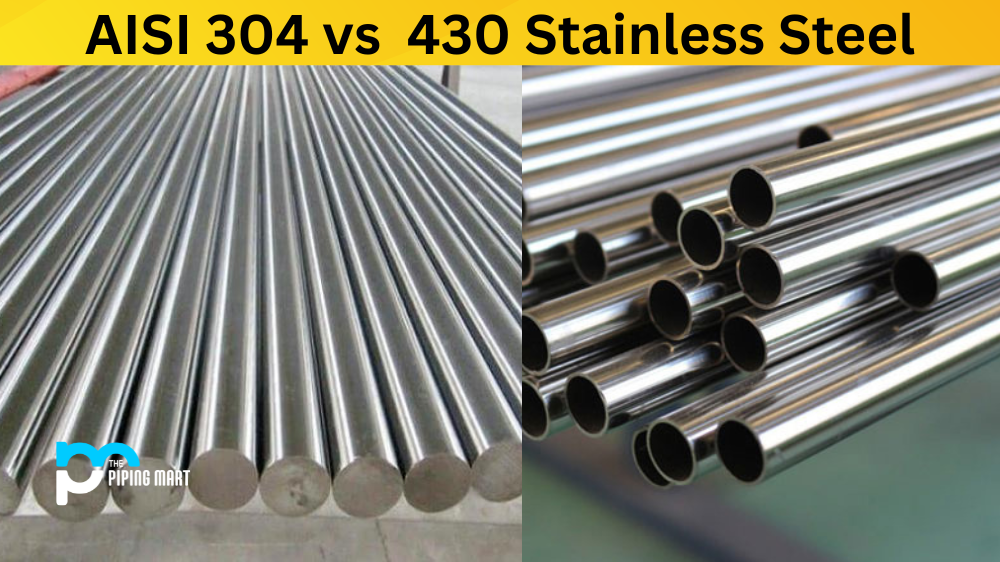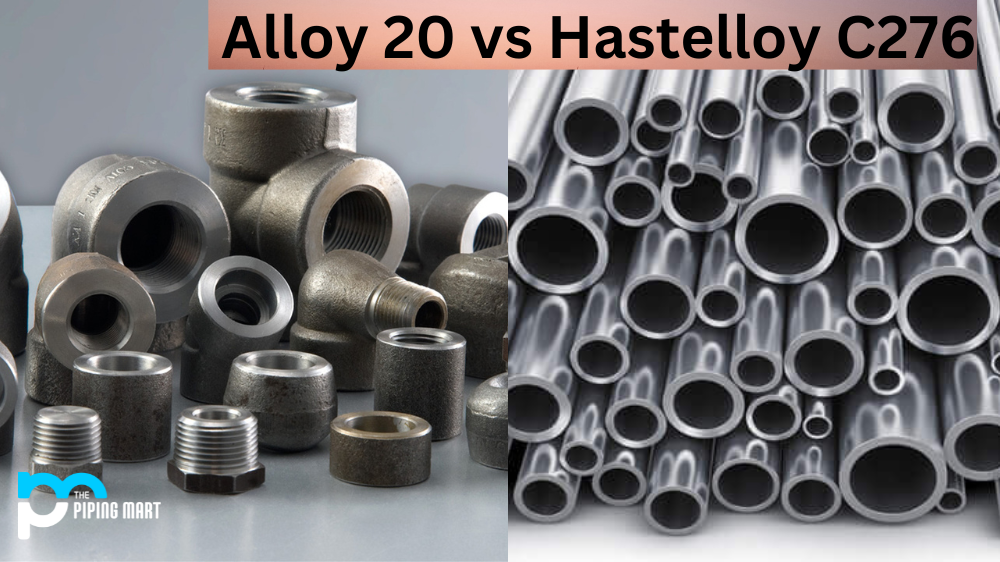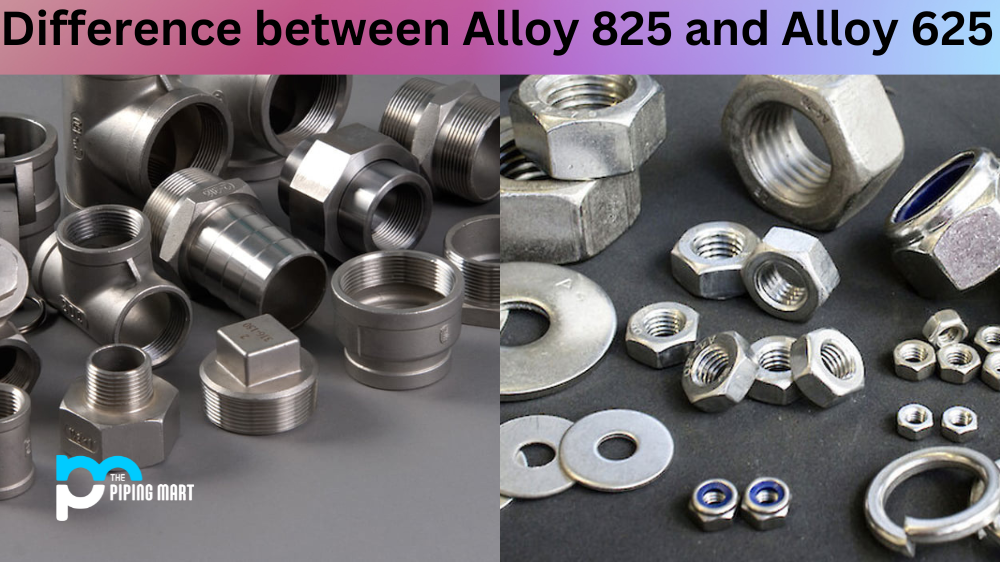If you’re in the market for stainless steel, you may have come across the designation “17-4.” But while this type of steel is often used in manufacturing and engineering applications, one question remains: Is 17-4 stainless steel magnetic?
The answer to this question depends on how the 17-4 stainless steel was heat treated. This is because heat treating can cause the material to become either ferromagnetic or non-magnetic. In its annealed condition, 17-4 stainless steel has a slightly higher magnetic susceptibility than other grades of austenitic stainless steel. However, it still has a low coercivity (ability to induce magnetism), so it cannot be magnetized using an external magnetic field.
When 17-4 is hardened through precipitation hardening, also known as age hardening, it becomes partially ferromagnetic. This means that it will not be attracted to a magnet but will produce a small amount of magnetism when brought into contact with one. Note that the degree of hardness and, therefore, magnetic properties depend on how long and at what temperature the material is aged during heat treatment. The longer and hotter the heat treatment process is, the harder and more magnetic the material becomes.
Conclusion
In conclusion, if you are looking for steel with strong magnetic properties, then 17-4 stainless steel is not your best option. However, its unique combination of high strength and corrosion resistance makes it suitable for many industrial applications where magnetism isn’t necessary or desired. With careful heat treatment, you can customize its hardness and magnetic properties depending on your requirements. Therefore if you are looking for a durable material with specific properties for your project, then this type of stainless steel might just be perfect for you!

Abhishek is a seasoned blogger and industry expert, sharing his insights and knowledge on various topics. With his research, Abhishek offers valuable insights and tips for professionals and enthusiasts. Follow him for expert advice on the latest trends and developments in the metal industry.




